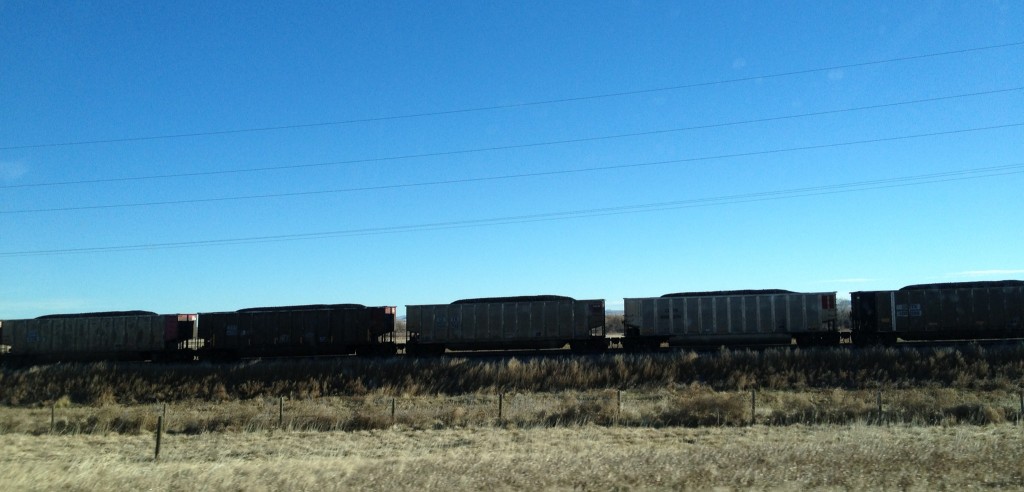What are the worst things you do for the environment? I’m not referring to deliberately dumping oils or toxins, or hunting the last of a species. I’m referring to those activities that you may take for granted. These are actions you take due to a combination of choice, comfort, convenience, and necessity, such as heating your home with fossil fuels. Even though I work in the environmental field, there are several day-to-day actions I take that I know are not environmentally friendly. So this post was both for me and you.
Below I identify the five worst things I do to the environment, plus five more that you might do. There is one action you can take, or may have taken, that is beginning to stand above the rest for its potential negative impact on the environment. That is to vote for and/or support an elected official who opposes environmental protection.
The top five worst things I do to the environment. I discuss the impact of each below.
- Heat my home with natural gas
- Power and cool my home with electricity
- Drive a SUV
- Airplane travel
- Eat beef
Five more environmentally unfriendly things you might do or may have done.
- Vote for and/or support an elected official that opposes environmental protection
- Don’t recycle or compost
- Live in a home larger than you need
- Apply excessive amounts of fertilizer or pesticides
- Commute long distances
Here is a deeper look at why my six things are bad for the environment.
Heat my home with natural gas / Power and cool my home with electricity
I’ll lump these two together. Heating, cooling, and running a home requires power. That power most likely comes from fossil fuels – coal, oil, and natural gas. Burning these fossil fuels releases toxins into our atmosphere that can lead to respiratory problems (from toxins) and climate change (from CO2). When you turn on your air conditioning, if that power isn’t from a renewable energy, you are polluting the planet. It’s that simple. Read more about where your energy comes from here.
There are some tools to counter this. I have elected to get some of my energy from wind, using Xcel Energy’s Windsource program. I have installed a smart thermostat. According to my monthly home energy report from Xcel, I am often one of their more efficient users. Unfortunately I am not in a good locations for solar power. I am surrounded by too many tall trees.
Drive a SUV
Another high level consumer of fossil fuels, which pollute our air and promote climate change. This one is a combination of choice and necessity. 1. I live in Colorado where we get plenty of snow. Having all-wheel drive provides a safe means to get around in the winter. 2. I use it to get family, friends, dogs, and gear into and around the mountains that can go over 10,000 feet. I’ll counter that driving my SUV into and through the beautiful Rocky Mountains promotes an appreciation for natural beauty and conservation. That further enhances my involvement in environmental protection. (I’ll keep telling myself that.)
Airplane travel
This may be the biggest offender on this list. Flying uses a lot of fossil fuels. Air travel emits more greenhouse gases per mile than driving. And you are usually covering far more miles when you fly versus drive. This even takes into account that your car may hold 4 people and a plane can hold dozens of people.
Eat beef
One of the easiest, and probably healthiest, changes you can do to improve the environment is to stop eating meat. Producing meat uses a lot of water, land, produces greenhouse gases, and can pollute our waterways. Beef is easily the worst meat to eat for the environment. If you eat one less burger a week, it’s the greenhouse gas equivalent of driving 320 fewer miles per week. Read more about beef and the other meats here, Best Meat To Eat for the Environment.
Are you an offender of these same five? Are there others you want to add to the list?

